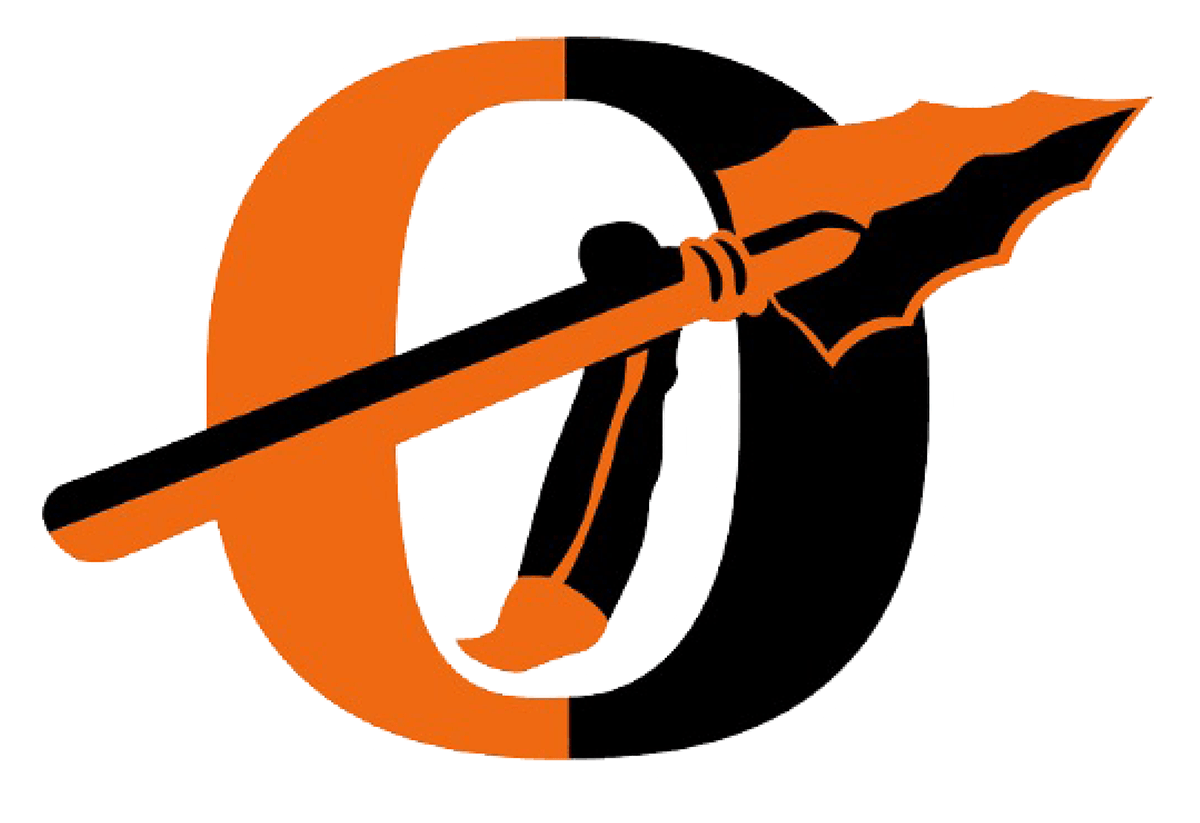3014 Use of School Property
3014
Use of School Property
1. General Facilities Use Guidelines
a. School facilities may be used by various education and community organizations when it is in the interest of the general public.
b. Any person or group using school facilities must assure that it will be responsible for maintaining order, protecting property, and providing security and safety. If students are part of the group using the facility, the adult in charge must be a parent, staff member, or school board member. Activities or entertainment held on school premises shall be of a suitable, moral nature for such premises.
c. Only those organizations and persons who are known to school officials, who have financial resources sufficient to cover all rentals and possible damages, and who are willing to discharge such obligations shall be permitted to use the school facilities and equipment. The rental fees for major school facilities shall be set by the superintendent and approved by the board. The board shall review facility rental fees annually.
d. The shop and weight room may not be used by students when school is not in session, unless supervised by a qualified instructor.
e. The district shall provide access to buildings, grounds and activities to students, parents or guardians of students, and other persons who have legitimate reasons for being on school grounds.
f. Commercial groups or organizations shall not be allowed to use the building unless sponsored by the school or authorized by the board.
g. Any person or school group using the school facilities, for any purpose, must comply with all of the district’s policies, rules, and regulations.
2. Use of School Property by Student Groups
a. Curriculum-related student groups and other school organizations
i. School organizations may use school facilities at no cost to the group, if they restore the facilities to their normal state after using them.
ii.) The district shall bear any costs for a school group (e.g., the fee paid to a cook or a custodian required to be in attendance).
b. Non-curriculum related student groups
i. Boy Scouts, Girl Scouts, Campfire, 4-H groups, and similar youth groups that involve mainly young people living within the district may use the school building after school hours as a meeting place without charge.
(1) Such meetings shall be held while the building is normally open and there is a minimum of interference with custodians or other school personnel or facility use.
(2) These groups may use the school buildings in the evening for meetings if the group is sponsored by adults and the adults assume responsibility for cleanup and placing the area back in the condition it was in prior to use.
ii. Non-curriculum-related student groups must secure the superintendent’s permission before meeting on school premises.
iii. Non-curriculum-related student groups may meet only on school premises at times and places determined by the superintendent or designee.
iv. Non-curriculum student groups must meet each of the following conditions to secure the superintendent’s permission to use school facilities:
(1) The meeting will be held during non-instructional time.
(2) The district has facilities available to accommodate the meeting.
(3) The meeting is voluntary and student-initiated.
(4)An employee of the district will be present in a non-participating capacity unless the superintendent specifically waives this requirement.
(5) The meeting will not substantially interfere with the orderly conduct of educational activities within the school.
(6) Persons who are not regularly enrolled students or employees of the district will not direct, conduct, control or regularly attend the meetings.
c. For purposes of this policy:
i. “Curriculum-Related Student Groups” shall mean: Any group sponsored by the district or by the individual school as to which the superintendent assigns a staff member or sponsor on either a paid or non-paid basis. A curriculum-related student group shall not include any student group that has a religious or political affiliation or purpose.
ii. “Non-Curriculum Related Student Groups” shall mean: Any group which is not a curriculum-related student group.
3. Use of facilities by non-student groups
a. The superintendent or designee may authorize the use of any school facilities for non-school activities, according to policy guidelines.
b. Activities that would be acceptable, subject to review and approval of the board include:
i. The local teacher association may hold meetings when student classes are not in session and staff members are not on duty.
ii. The district will allow local religious organizations to use school facilities on an emergency, short-term basis. The board reserves its right to assess a rental fee for these or similar activities.
c. Denial of access
i. The superintendent or designee (referred to herein as administrator) may limit or deny access to school buildings, grounds, and activities to any person whom the administrator deems to be using the facilities inappropriately.
ii. Upon determining that a person has engaged in, or is engaging in conduct that constitutes grounds for exclusion under this policy, the administrator shall take such action as he or she determines appropriate, including directing the person to cease engaging in the conduct or to leave the school premises or activity immediately. The administrator may request assistance from law enforcement authorities to remove an offending person from the school grounds.
iii. The administrator shall have the authority to fix the time when, and the conditions under which, the offending person may return to school premises.
(1) A person who enters school premises in violation of these conditions shall be deemed to be trespassing.
(2) The administrator may summon law enforcement authorities to remove the person from school premises and request that criminal proceedings be initiated.
d. Students, faculty and community members may borrow school equipment for non-school use only if they have received the prior permission of the superintendent.
Adopted on: January 1, 2007
Revised on: July 21, 2008
